What snacks to take to work in winter?
Our condition, resistance to illnesses, and mood largely depend on what we eat. In winter, when we struggle with infections, the blues, and sluggishness every day, we should take particular care to include healthy snacks in our diet. Raw fruit and vegetables, nuts, and whole-grain baked food products have a beneficial effect on our health. Marta Krokowicz, Brand Manager with Paclan, a well-known manufacturer of household goods, talks about what a healthy breakfast at work should look like.
Appetite for health
With its chill and foul weather, winter doesn’t deal kindly with us. It’s easy to get cold and get a runny nose, as well as become apathetic and irritable. In situations like these, it’s a very good idea to replace calorific and highly processed products with fresh and natural equivalents. First, because eating fresh vegetables and fruit has a positive effect on our health and improves our immunity. Second, because after dry and heavy Christmas meals and carnival partying it’s worth giving respite to the overloaded digestive system.
Second breakfast in winter – what should you take to work?
When choosing products worth having handy at work during winter, it should be remembered that the healthiest and most valuable food is unprocessed food, without colourings or preservatives. Artificial ingredients put a heavy burden on the intestines, which have an impact on our immunity and are widely recognised as a second immune system. Besides, natural snacks help us control our weight, which does matter in the cold wintertime when we walk and move less.
The list of tasty snacks particularly good for a second breakfast at work should first include the following:
- Fresh fruit and vegetables (which should be washed before eating). In winter, it’s a good idea to go for tangerines, oranges, apples, bananas, carrots, celery or peppers – mainly because all these products contain vitamin C (and celery has twice as much of it as citrus fruit), which helps fortify our immunity, as well as many other vitamins and minerals.
- Walnuts, almonds, pumpkin seeds, and dried fruit: plums, apricots, and cranberries – because they’re sources of microelements. Also, they provide energy. Walnuts, for example, have a great effect on brain function and improve concentration. Very importantly, when buying dried fruit, make sure that it’s not preserved by using sulphur.
- Probiotic products, such as yoghurts, kefirs, and other dairy drinks, but only those containing live cultures of lactic fermentation bacteria – especially Lactobacillus acidophilus and Bifidobacterium bifidum because they stimulate the immune system and limit the development of pathogenic microorganisms.
- Cocktails and fruit mousses are an alternative to fresh fruit and a convenient way to smuggle even larger portions of healthy ingredients into the diet – it’s enough to reach for frozen berries or strawberries in the winter and add them to yoghurt or buttermilk. You can read about ways to freeze fruit and vegetables here: The most important principles of freezing food.
- Simple salads and (often underestimated) sandwiches to satisfy your first hunger and let you survive until lunch.
The second breakfast you take to work – what type of packaging to consider?
A second breakfast or a snack at work should not only be healthy but also appetising – a destroyed sandwich or crushed fruit won’t encourage you to eat. Therefore, when preparing takeaway snacks, let’s choose the right packaging to match the content. Sandwiches can be packed in breakfast bags, and aluminium foil will do well with those shapeless ones. As for vegetables and fruit, it will be a good idea to use universal zip bags from Paclan, whose durability and functional way of closing make them reusable.
“Apart from perfect tightness, the undeniable advantage of zip bags is their durability. They’re hard to break or destroy. You can not only use them to take your food to work safely but also freeze vegetables and fruit, as well as soups and cocktails because they’re available in two practical capacities –1 and 3 litres” – adds Marta Krokowicz.
If you want to reuse them, just wash them well and dry them after use. What’s more, the bags are more than just a well-proven package for snacks for work and school. You can also store small items in them, so they will prove useful on every trip or sightseeing tour. Moreover, they’re pleasing to the eye, decorated with colourful drawings of vegetables and fruits, which is a particular incentive to use them for healthy snacks for work.
Let’s remember that preparing healthy snacks or a second breakfast for work isn’t difficult at all – healthy ingredients, good organisation, and durable packaging are enough to make the food taste and look good!

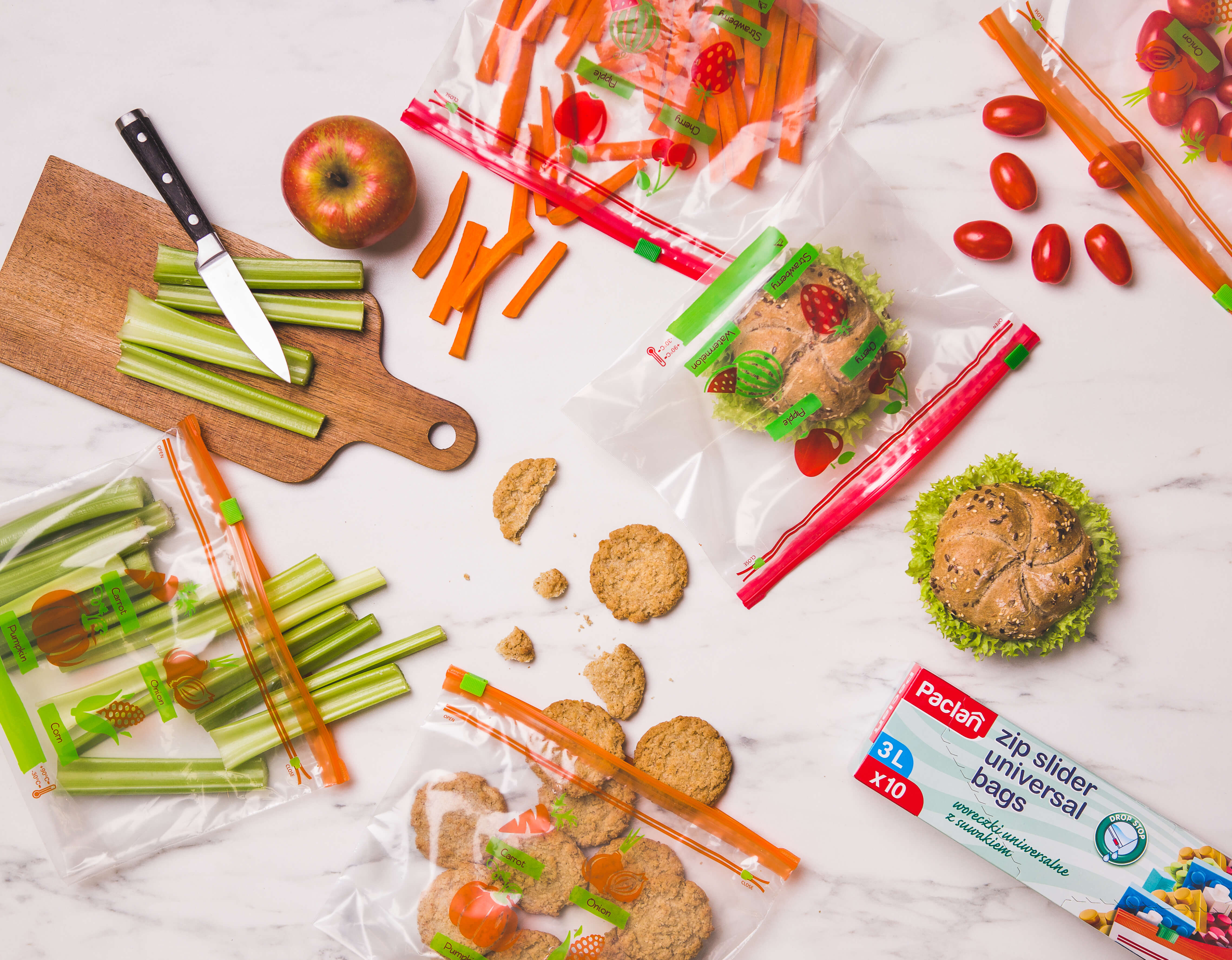




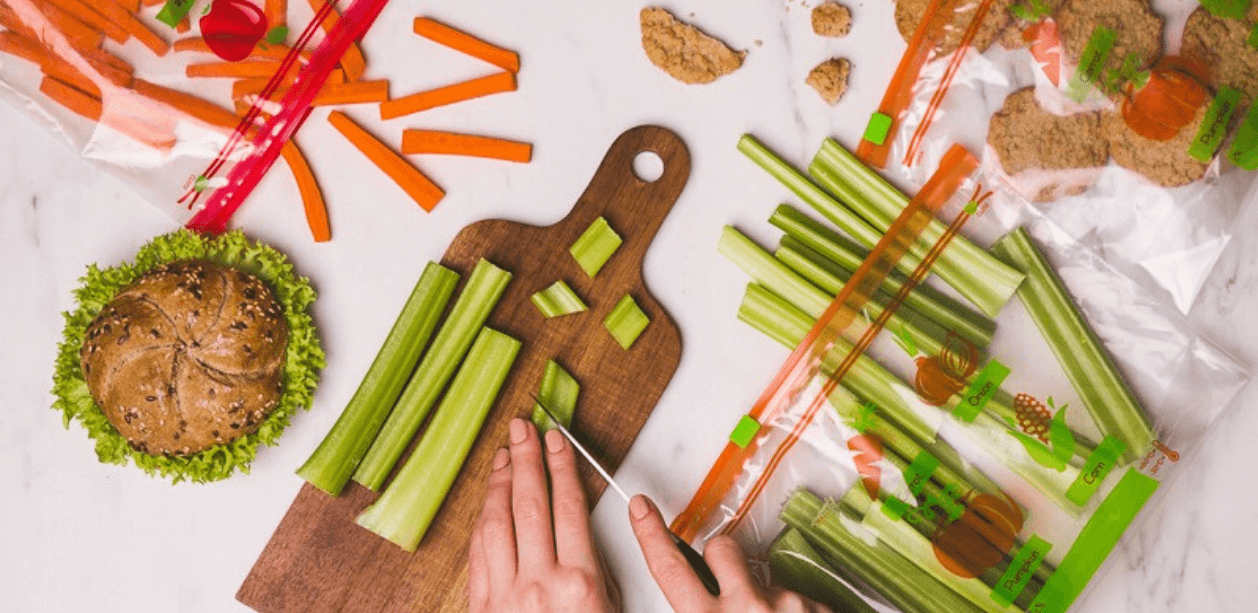
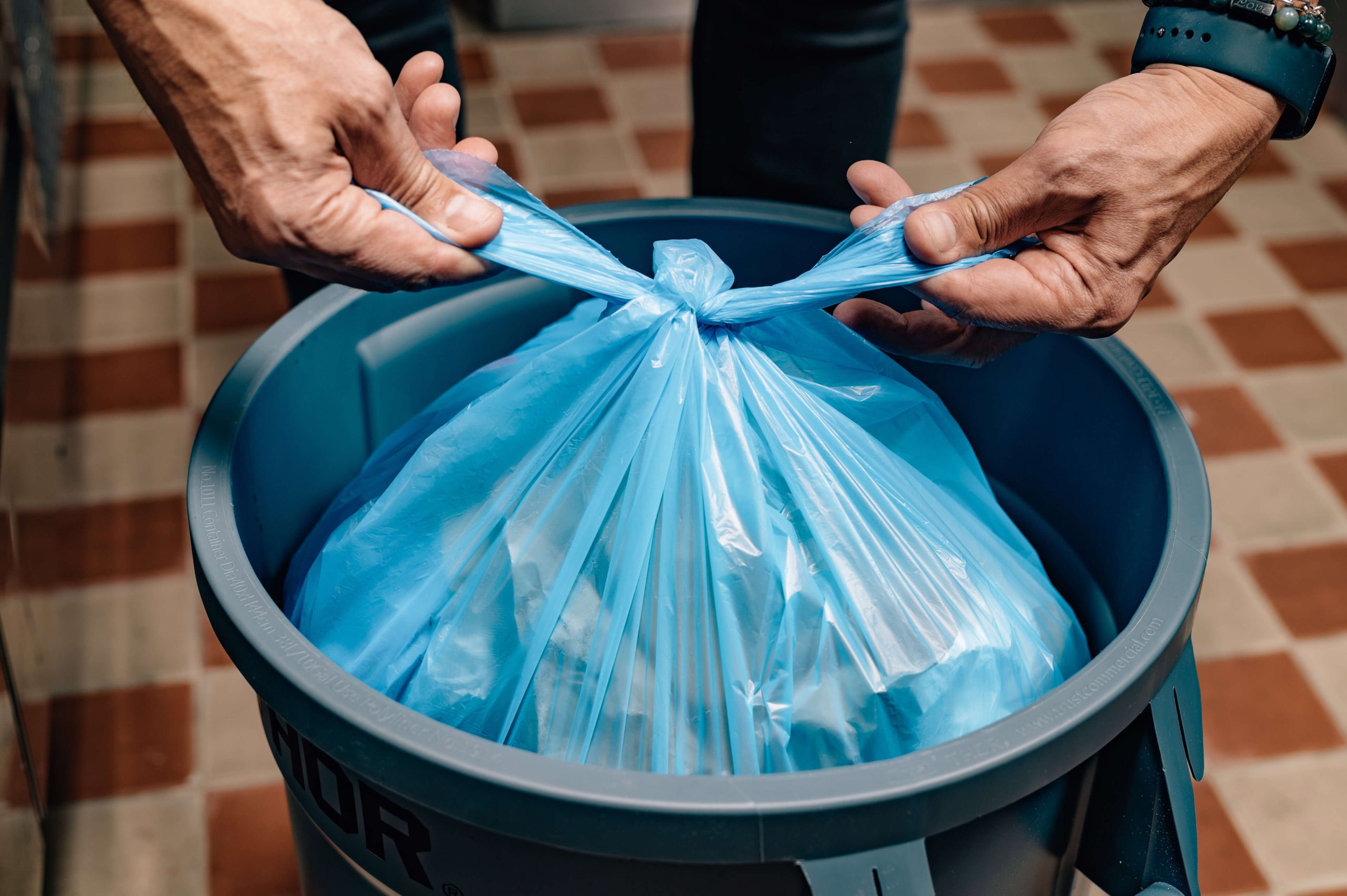
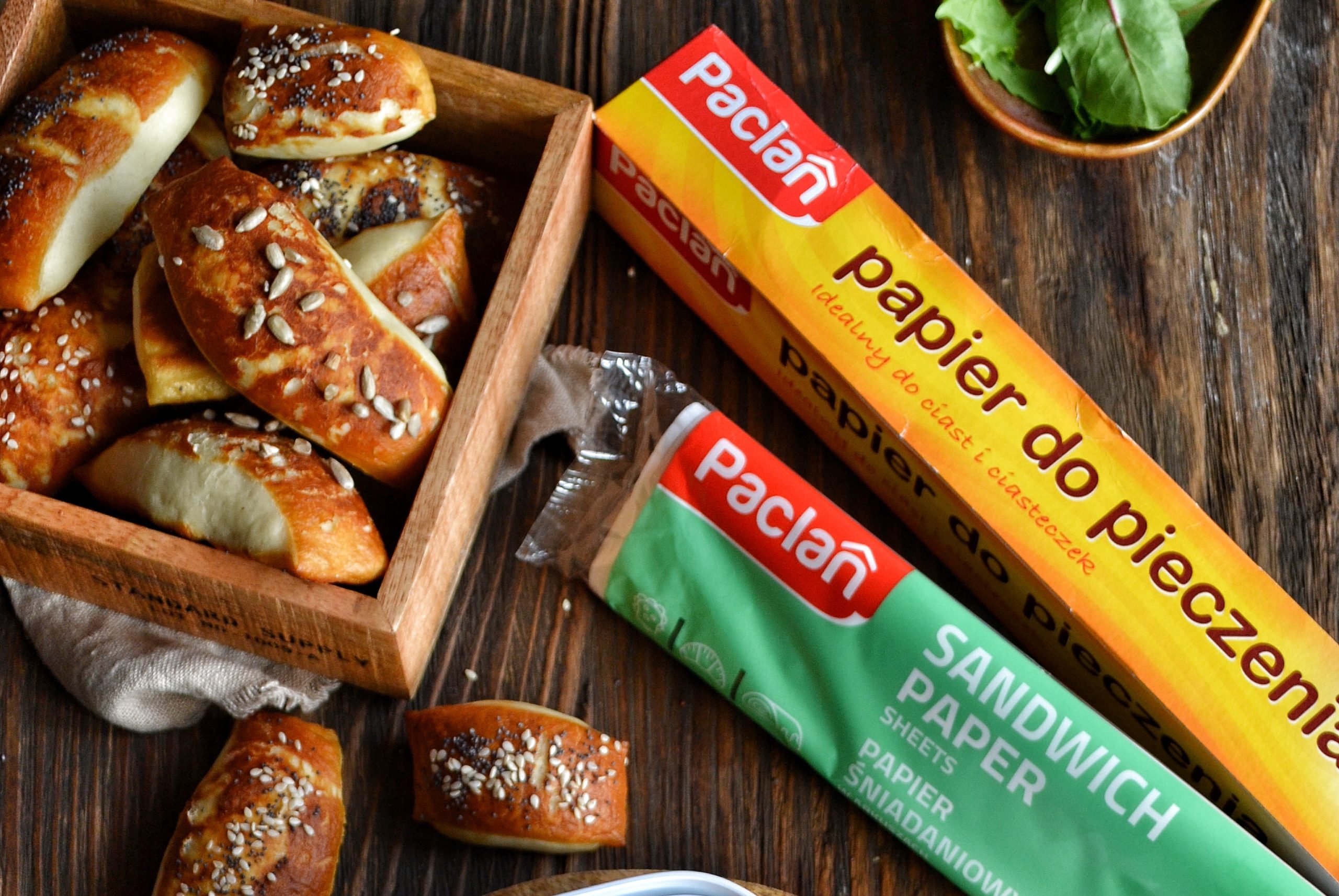
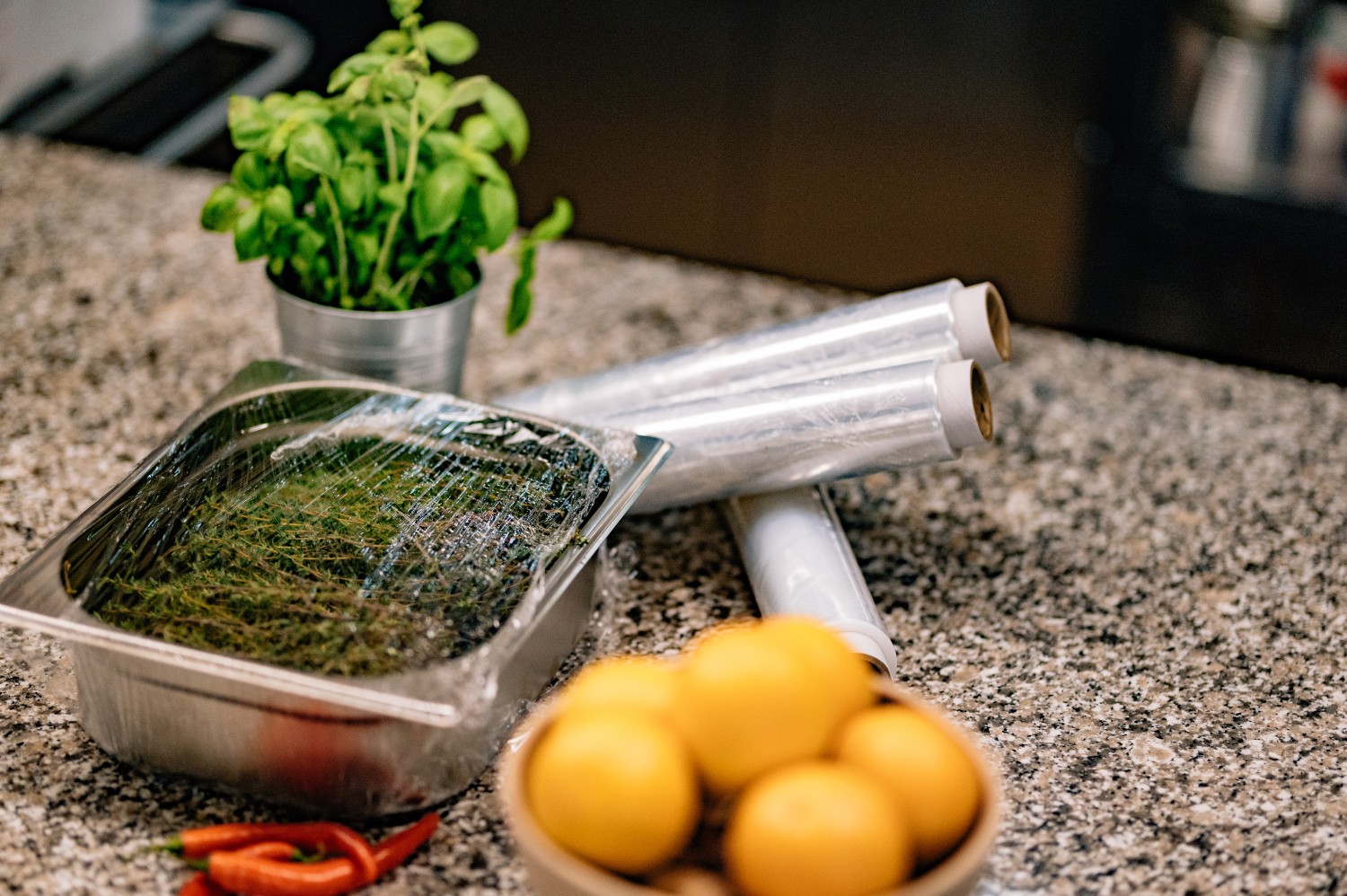
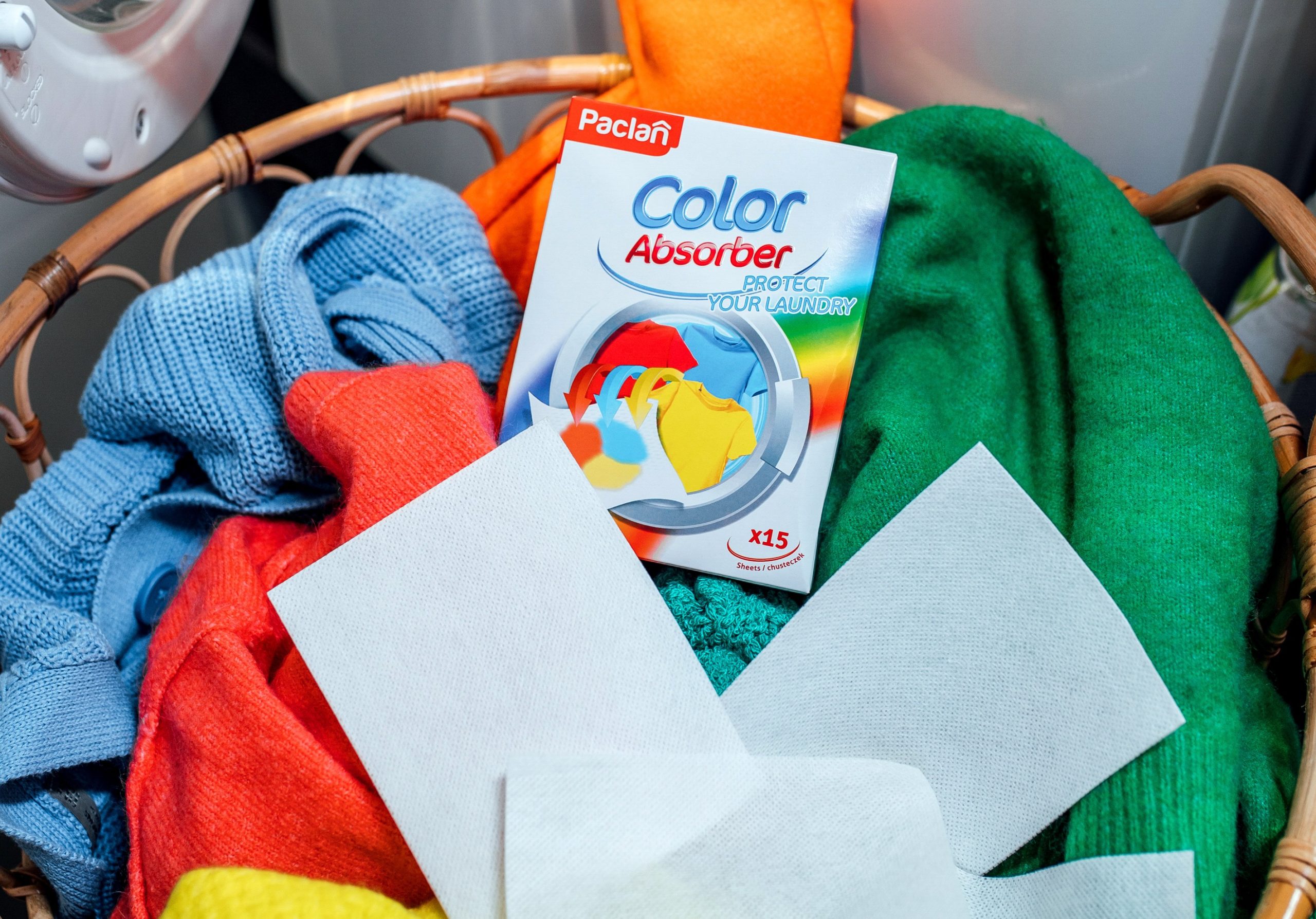

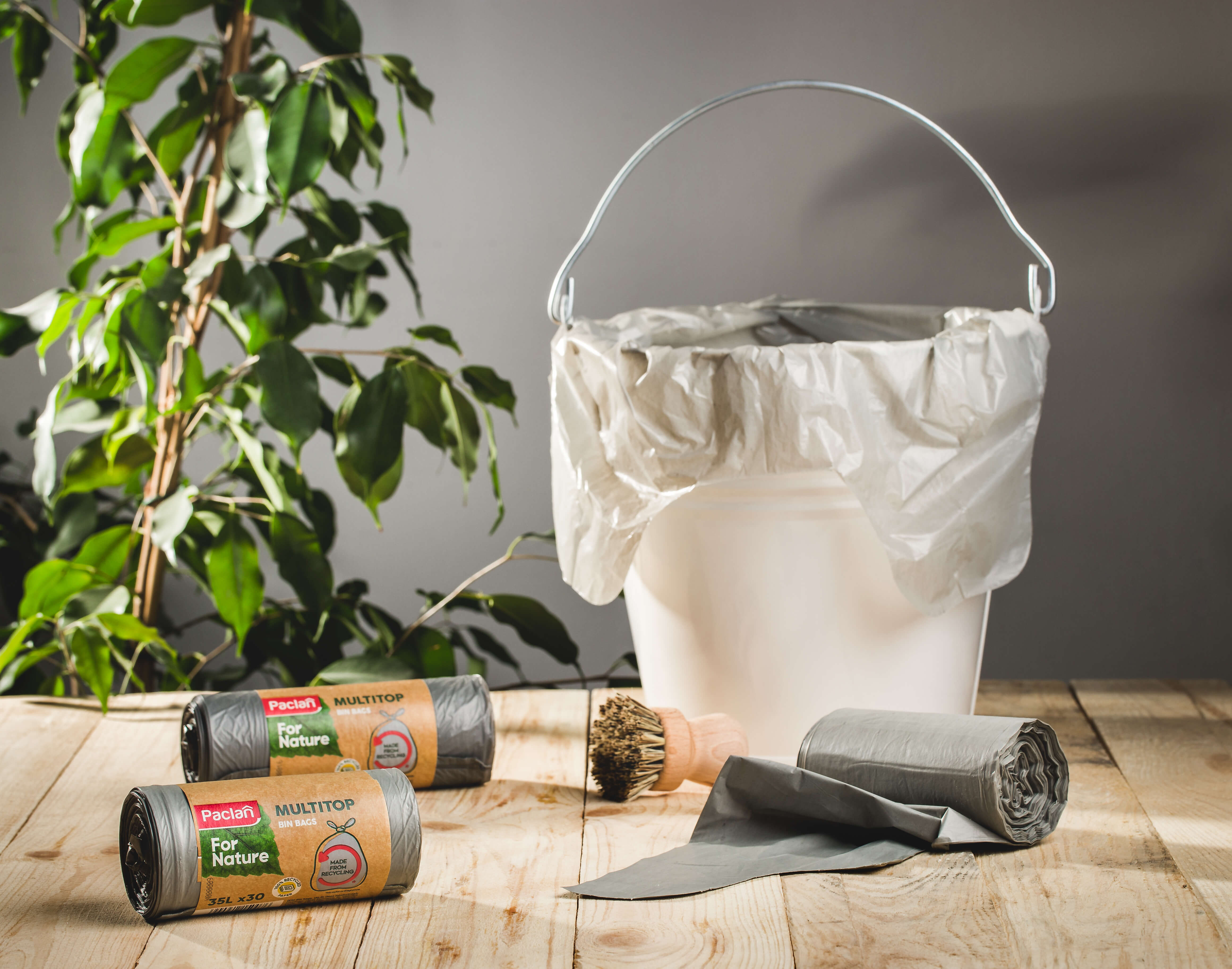
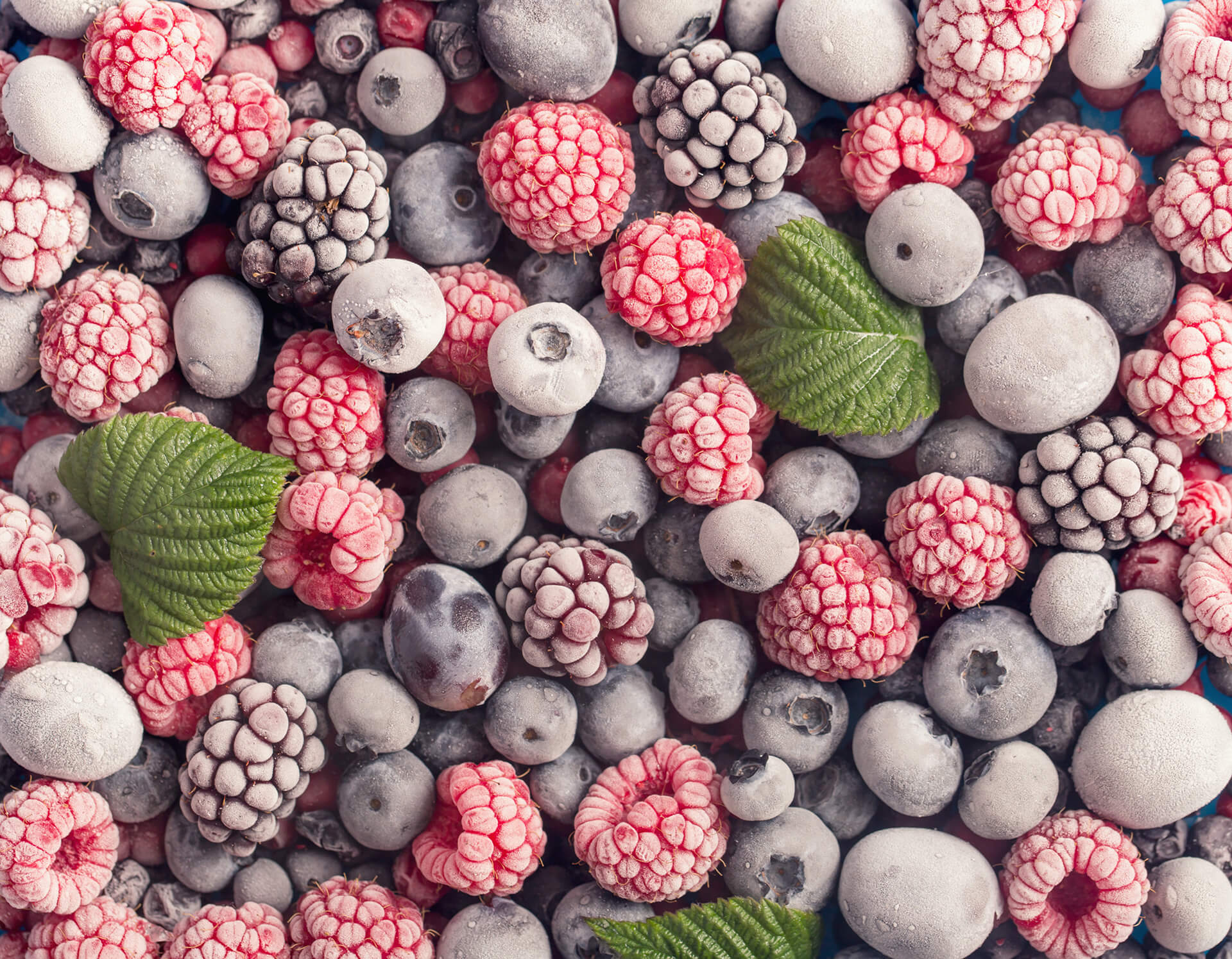
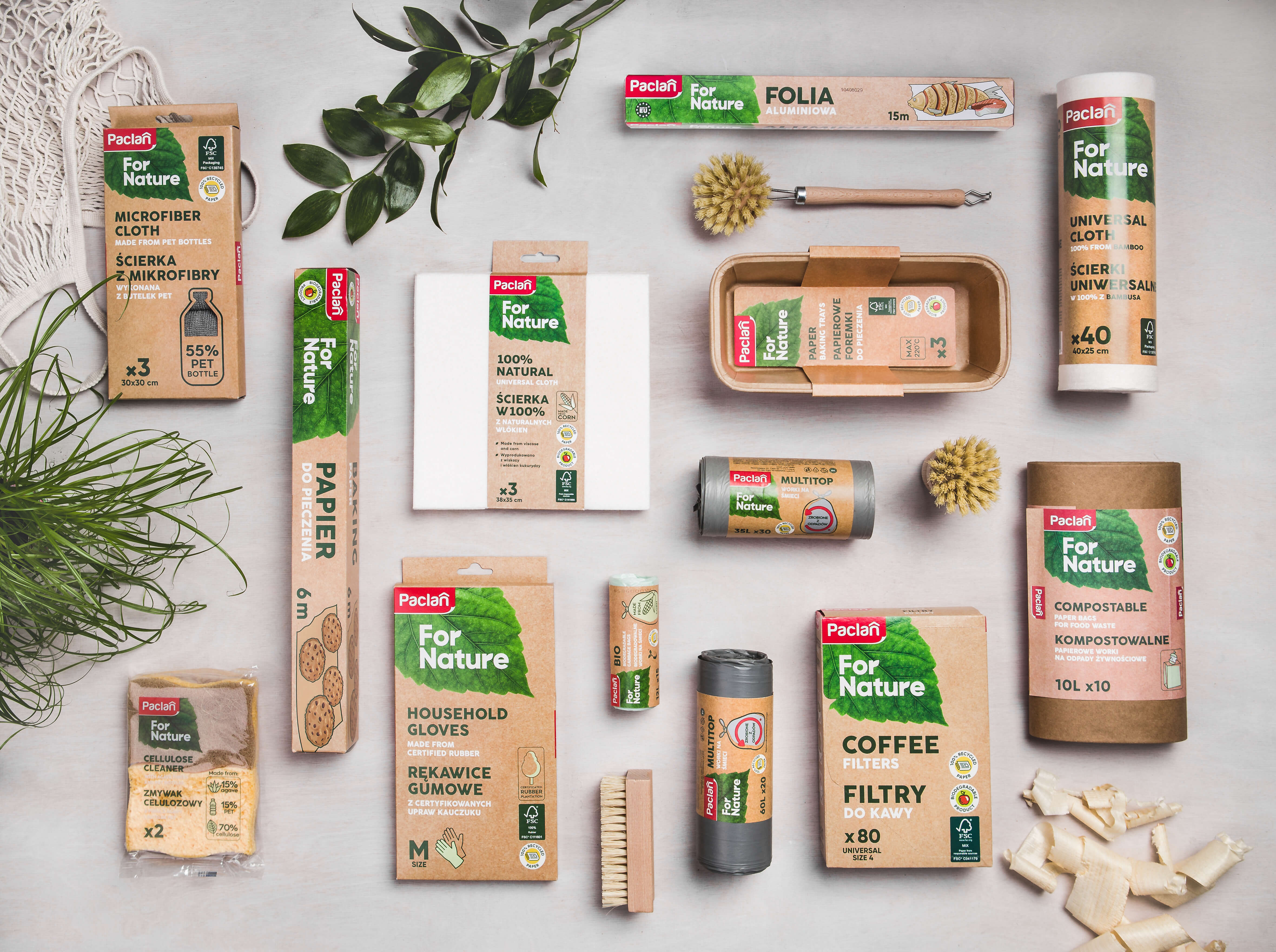
Comments: 0